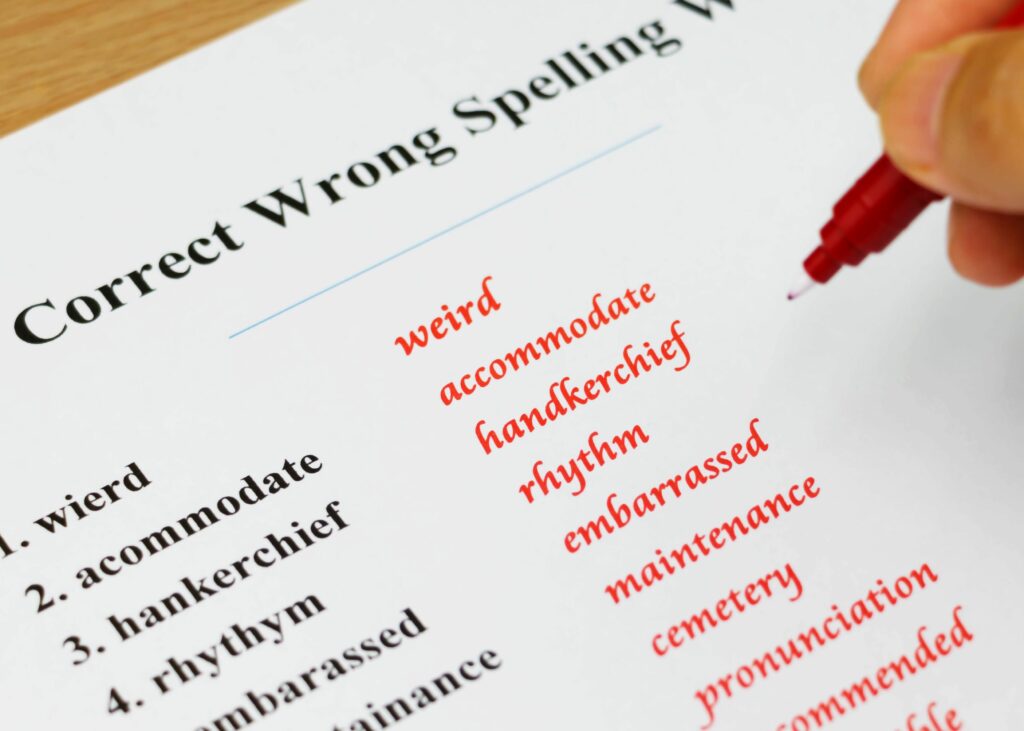
“I” Before “E” Except After “C”: This is a common rule in English spelling. To remember it, use the mnemonic phrase “I before E, except after C, or when sounding like A, as in ‘neighbor’ and ‘weigh’.” This will help you recall when to use “ie” and “ei” in words.
Silent “E” Magic: When you see a word with a silent “E” at the end, remember that it often makes the preceding vowel say its name. Visualize the silent “E” as a superhero turning the vowel into a long vowel sound.
Consonant-Vowel-Consonant (CVC) Patterns: For words following the C-V-C pattern, remember that the vowel is usually short. Think of CVC as “Can Vowels Be Short?” to recall this rule.
The “Y” as a Vowel: When “Y” appears at the end of a word, it usually acts as a vowel. Remember the phrase “Y at the end, play pretend” to help you recall this rule.
Soft and Hard “C” and “G” Sounds: Use the saying “Gentle Giant” to remember that “G” often has a soft sound when followed by “E,” “I,” or “Y” and a hard sound in other cases. Similarly, “City Slicker” can help you remember the soft sound of “C” in similar contexts.
Double Letters for Short Vowels: When you see double letters after a short vowel, it typically indicates a short vowel sound. Think of it as “Double the Consonants, Shorten the Vowel.”
The “IE” and “EI” Dilemma: Use the mnemonic phrase “I before E, except after C, unless sounding like A, as in ‘neighbor’ and ‘weigh’.” This helps you remember the rule for words like “receive” and “ceiling.”
The “OU” and “OW” Sounds: Remember the saying “Ouch! That Hurt!” to recall that “ou” often makes the /aʊ/ sound as in “ouch,” while “ow” can make various sounds like /aʊ/ as in “cow” or /oʊ/ as in “grow.”
The “GH” in Silent Words: When “GH” appears in words like “though” or “through,” remember the mnemonic “Ghosts Hide” to recall that these letters are silent.
Phonograms and Word Families: Recognize and study common word families and phonograms like “-ight” (as in “light,” “night”) or “-tion” (as in “station,” “action”). Understanding these patterns will help you apply phonics rules more consistently.
These mnemonic devices and tricks can make it easier to remember specific phonics rules and navigate the complexities of English spelling and pronunciation. Practice and repetition will reinforce your understanding over time.







